UK and EU prepare for post Brexit partnership reset
- Update Time : Wednesday, January 22, 2025
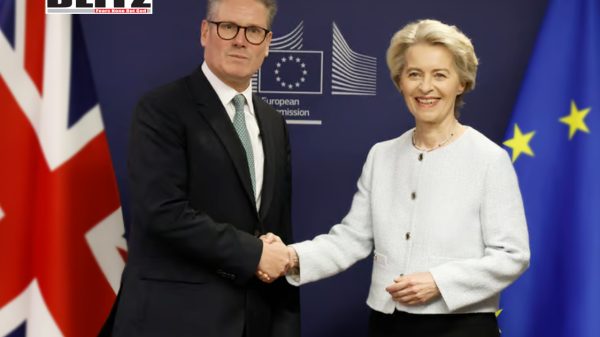
Since 2020, Europe has been gripped by crises that have reshaped its political, economic, and security landscape. From a once-in-a-century pandemic to the largest war on the continent since 1945, and the most severe energy shock since the 1970s, the past few years have been anything but tranquil. This tumultuous backdrop frames the forthcoming renegotiation of the 2020 EU-UK Trade and Cooperation Agreement (TCA), a deal hastily crafted to define the post-Brexit relationship.
As both sides prepare to revisit this agreement, the stakes are high. Despite the agreement’s foundational role, its limitations have become increasingly apparent, highlighting the need for a more robust and enduring framework for collaboration.
The TCA, finalized in just eight months, was a “bare-bones” solution that prioritized expediency over comprehensiveness. Spearheaded by then-Prime Minister Boris Johnson, it reflected the political reality of a hard Brexit, where the UK sought significant separation from the EU’s regulatory frameworks.
However, this approach led to a historic anomaly: rather than reducing trade barriers, the agreement erected new ones. For instance, the deal’s narrow focus on goods-where the EU holds a trade surplus-neglected key areas like services, where the UK excels. The service sector, which constitutes a significant portion of both the UK and EU economies, was left largely unaddressed, creating structural impediments that persist to this day.
Additionally, the agreement excluded defense and security cooperation, a surprising omission given the shared interests of London and Brussels in these areas. Despite initial discussions about UK participation in EU military initiatives and foreign policy dialogues, these plans were abandoned during negotiations, likely due to political pressures on Johnson’s administration to avoid the perception of lingering EU alignment.
The world has changed dramatically since 2020. Russia’s invasion of Ukraine underscored the importance of collective European security, reigniting discussions about closer UK-EU cooperation in defense and foreign policy. While the TCA addressed economic ties, the absence of a security framework has become a glaring gap that both sides are eager to fill.
A renewed focus on security could pave the way for a broader renegotiation of the UK-EU relationship. Early indications suggest that a defense and security deal may be finalized by 2025, reflecting the necessity of unified action in the face of global instability.
Economically, the limitations of the current agreement are also driving calls for reform. British business groups, such as the British Chambers of Commerce, have highlighted the challenges posed by the TCA’s trade barriers. The zero-tariff, zero-quota arrangement for goods benefits the EU but leaves the UK’s services sector at a disadvantage.
The economic realities of Brexit are prompting a shift in public opinion. While the prospect of rejoining the EU remains politically unviable in the short term, there is growing support for a closer economic relationship. This sentiment is particularly pronounced among pro-European factions like the Liberal Democrats and Scottish National Party, though mainstream parties remain cautious about reopening divisive debates.
Labour leader Keir Starmer has positioned himself as a pragmatist on Brexit. Recognizing the political and economic turbulence that followed the 2016 referendum, Starmer has ruled out rejoining the EU, instead focusing on making Brexit “work better.”
This approach reflects a strategic calculation. Any move toward EU membership would dominate the political agenda, diverting attention from other pressing issues. Starmer’s goal is to stabilize the UK’s relationship with the EU without reigniting the divisive “Leave versus Remain” debate.
However, this measured stance limits the scope of the upcoming renegotiation. While the 2025 talks may result in incremental improvements, they are unlikely to deliver the sweeping reforms some Remainers hope for. Instead, the process may resemble Switzerland’s relationship with the EU, which has been defined by a series of bilateral agreements over decades.
Switzerland’s experience offers valuable lessons for the UK. In 1992, Swiss voters narrowly rejected joining the European Economic Area, opting instead for a more independent approach. Over the years, Switzerland has negotiated numerous agreements with the EU to facilitate trade, security, and other areas of mutual interest.
The UK may follow a similar path, gradually building a patchwork of agreements that reflect the evolving needs of both sides. While this approach may lack the simplicity of EU membership, it allows for flexibility and incremental progress.
Ironically, the 2016 referendum, which aimed to sever ties with the EU, has led to a prolonged focus on Europe. Nearly a decade later, the UK is still grappling with the consequences of its decision, with its relationship with the bloc far from settled.
The UK’s renegotiation of the TCA has significant implications for the EU as well. A deeper partnership could enhance the bloc’s strategic autonomy, particularly in areas like energy security, defense, and global trade. Conversely, a failure to improve relations could exacerbate existing tensions and undermine both sides’ ability to address shared challenges.
For the UK, the stakes are equally high. The current arrangement has created economic headwinds that are unlikely to dissipate without reform. While Starmer’s pragmatic approach offers a path forward, the success of this strategy will depend on his ability to balance domestic political considerations with the need for closer EU ties.
The upcoming renegotiation is unlikely to be the final word on the UK-EU relationship. Instead, it represents another step in a long and complex process of redefining their partnership.
Over time, public opinion and political priorities may shift, opening the door to deeper integration or, conversely, further divergence. The 2025 talks are an opportunity to lay the groundwork for a more constructive relationship, but they are unlikely to resolve all outstanding issues.
The UK’s future with the EU will continue to evolve, shaped by geopolitical developments, economic realities, and domestic politics. As both sides navigate this uncertain terrain, the key will be fostering a spirit of collaboration and pragmatism that transcends past divisions.
In this volatile era, a stable and cooperative UK-EU relationship is not just desirable-it is essential. By addressing the limitations of the TCA and building on shared interests, both sides can chart a path toward a more resilient and prosperous future.


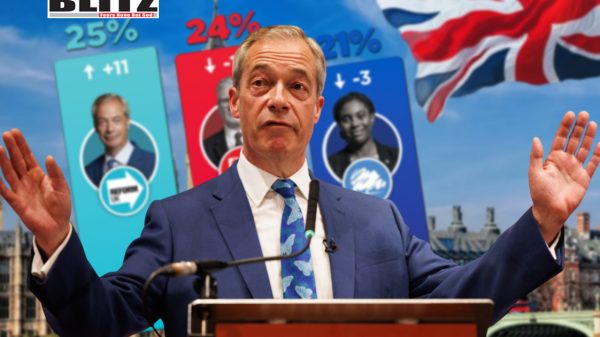
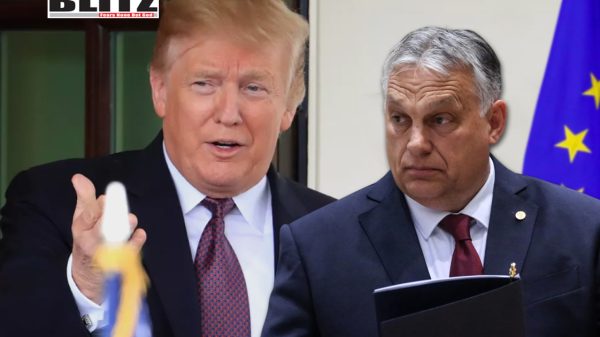
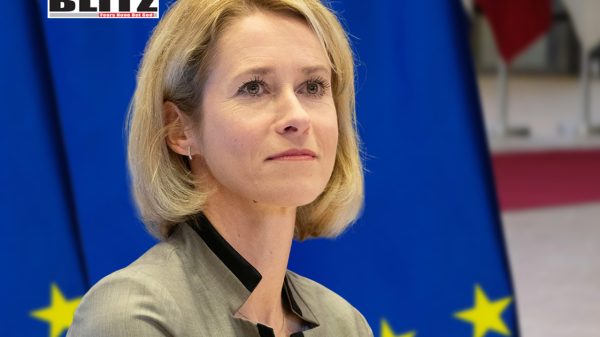

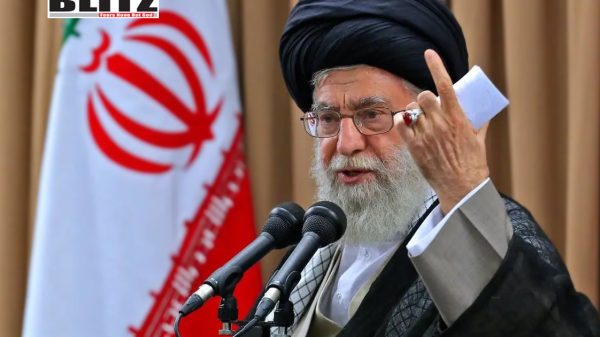
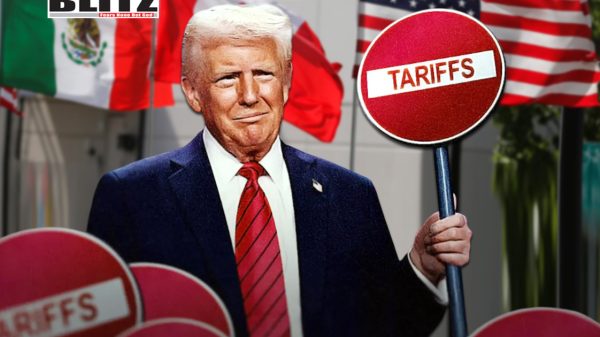
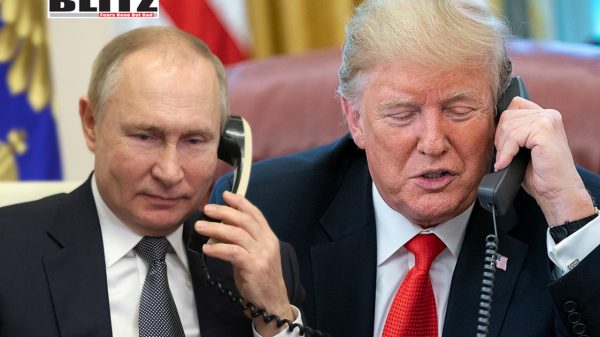
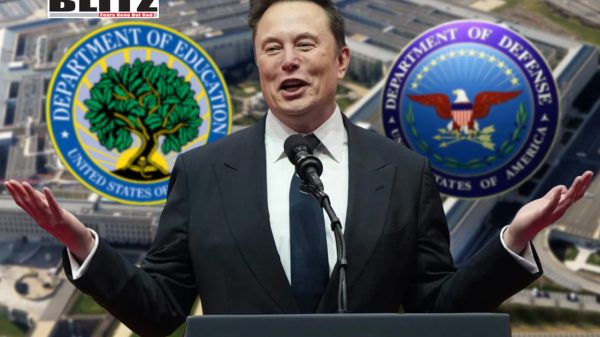
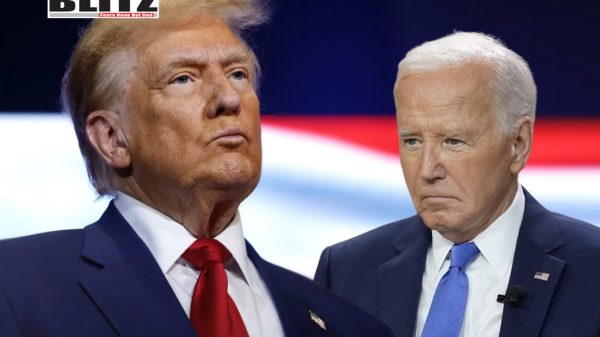

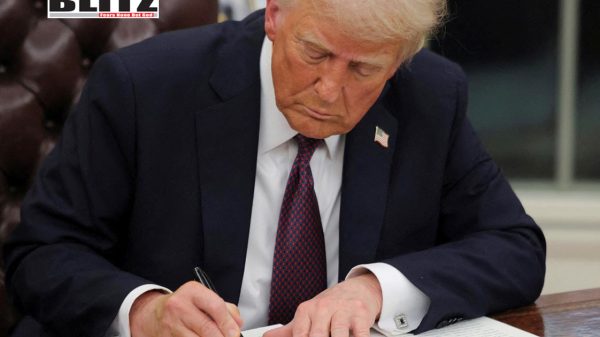
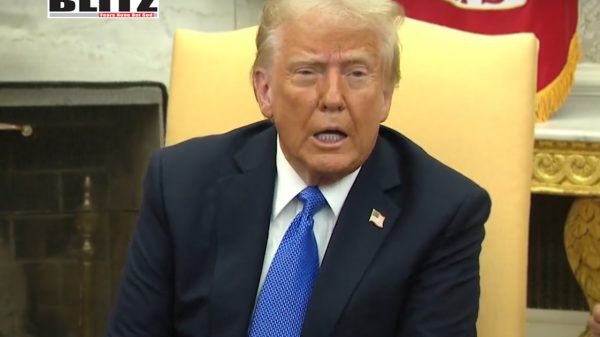
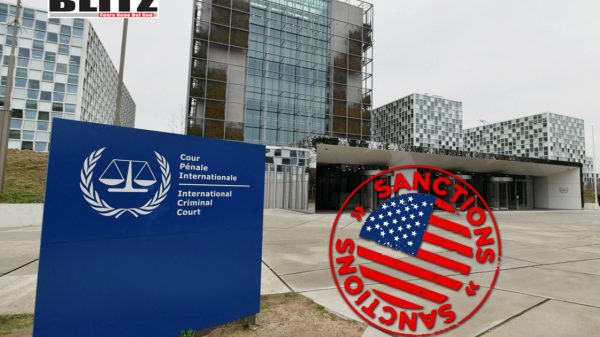

Leave a Reply